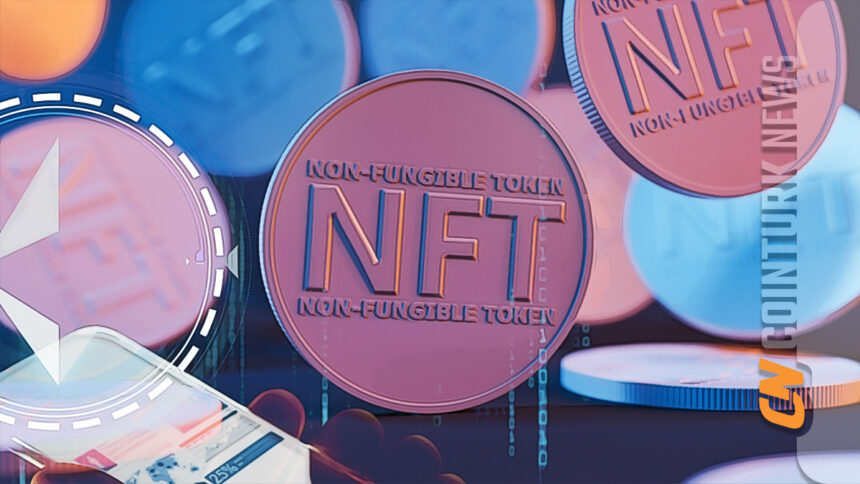NFTs in blockchain ecosystems have sparked discussions about the unique advantages and disadvantages of on-chain and off-chain storage. Consequently, Web3 managers and content creators have begun to consider which types of NFTs deserve a place on blockchain networks and which should remain off-chain. Let’s explore what’s being said on the subject.
Notable Discussion in the NFT World
In 2022, NFTs could not be stored as data on blockchain networks. At that time, the system indicated that NFTs were kept as off-chain data storage within blockchain networks. Jana Bertram, Strategy Director at Rari Foundation, explained that this issue of NFT storage was discussed at the beginning of the FTX bankruptcy process:
“Off-chain storage depends on the network’s accessibility and the availability of the storage layer. This means that the NFT’s security is more vulnerable to potential threats and affects its permanence.”
However, the introduction of Bitcoin Ordinals changed the game. With Ordinals, NFT data is now stored on-chain, leading to a different set of processes. While Bitcoin-based NFTs living on the blockchain network provide advantages such as permanence, they also sparked a debate about whether NFTs should exist on the Bitcoin network. While many argue that Ordinals cause congestion on the Bitcoin network, another group contends that NFTs should continue to exist on Bitcoin.

Significant Statements on the Issue
With different storage options available, Web3 content creators now need to decide how they want to store their NFTs. Although this can be a confusing dilemma, professionals and content creators in the NFT field have explained how they can decide where to store their NFTs.
Atlas Development’s co-founder and Chief Technology Officer Witek Radomski stated in his comments on the issue that off-chain storage is the most cost-effective method for processing large amounts of data:
“I think content creators should decide what deserves to be stored and what can live in the ecosystem.”
Radomski also explained that there is a hybrid option that offers decentralized storage with projects like Filecoin and InterPlanetary File System (IPFS). Unlike Bitcoin, he mentioned that these solutions are designed for storage:
“Storing images on IPFS still provides you with the benefits of decentralization, but at much lower costs.”









